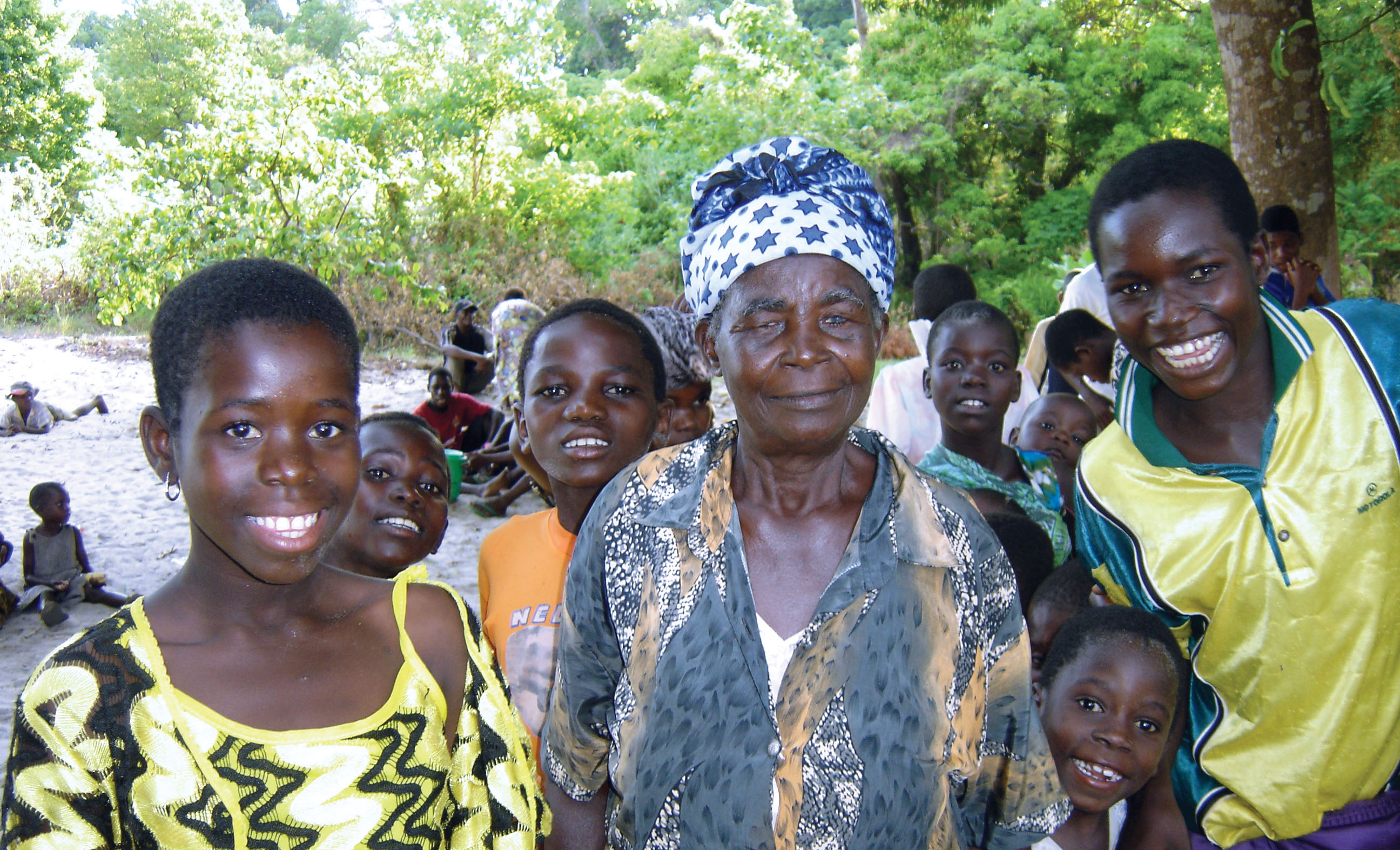
A reflection by Fr. Dave Warren, SFM, for the Twenty-second Sunday in Ordinary Time. First reading: Sirach 3.17-20, 28-29; Second reading: Hebrews 12.18-19, 22-24; Gospel: Luke 14.1, 7-14.
I had a humiliating experience recently. I was riding on the subway and it was rush hour. I was standing in the subway car, holding onto the overhead railing, and a woman in her early twenties offered me her seat. It was humiliating.
I was taught as a boy to always give a seat to a woman. If a woman is standing and I am sitting, I always feel guilty. And now a woman was offering me a seat. I thanked her for her kindness but declined the offer. Maybe I looked to her like a senior citizen. O, to see ourselves as others see us!
In today’s gospel, Jesus tells a story about a guest who chooses the place of honour. The guest sees himself as someone important. Unfortunately, his host may not see him the same way.
Each one of us is walking around with a self-image. Our self-image may be over-inflated; our self-image may be under-inflated. Either way, our self-image determines how we act… and how we interact with other people. Our self-image is an on-board guidance system.
If I suffer from an over-inflated self-image, I will behave like the guest in Jesus’ story. I will have a high opinion of myself and expect others to have a high opinion of me, too. On the other hand, if I suffer from an under-inflated self-image, I will put myself down and allow others to walk over me.
I think that most of us suffer from an under-inflated self-image. How did we get like this? Well, it goes back to the time of Adam and Eve. Satan planted in their minds that they weren’t good enough. Remember the story? Satan told them that if they ate the fruit of the tree in the middle of the garden, they would become like God. The implication, of course, was that they weren’t good enough as they were. The implication was that to be human wasn’t good enough. Adam and Eve fell for it.
Silly old Adam and Eve. They forgot that they were already like God. They forgot that they were already good enough. And we’ve been passing on the illusion to each other ever since. We walk around with a poor self-image. We walk around feeling that we are inadequate. And we tell others that they aren’t good enough, either. You know—not smart enough, not thin enough, not good-looking enough, not stylish enough, not rich enough, not cool enough. The list goes on and on.
In 1992, American writer Marianne Williamson wrote:
“Our deepest fear is not that we are inadequate. Our deepest fear is that we are powerful beyond measure. It is our light, not our darkness that most frightens us. We ask ourselves, who am I to be brilliant, gorgeous, talented, fabulous? Actually, who are you not to be? You are a child of God. Your playing small does not serve the world. There is nothing enlightened about shrinking so that other people won’t feel insecure around you. We are all meant to shine, as children do. We were born to make manifest the glory of God that is within us. It’s not just in some of us; it’s in everyone. And as we let our own light shine, we unconsciously give other people permission to do the same. As we are liberated from our own fear, our presence automatically liberates others.”
This is not pride. This is humility. Thomas Aquinas, the great medieval theologian, said that humility is truth.
Humility is acknowledging and accepting our own goodness and beauty. Humility is acknowledging and accepting our gifts and our talents. Humility is acknowledging and accepting these things for what they are: they are gifts from God. We do God a disservice when we deny our gifts.
We are often afraid to acknowledge our gifts. We are afraid that we will become proud if we acknowledge our gifts. Strangely enough, it is pride not to acknowledge and accept what God has given us. It is false humility to deny our gifts or to put ourselves down.
Each one of us is walking around with a self-image. Our self-image is formed from the messages we receive from others. But it is also formed from the messages we give ourselves. Give yourself a positive message this week. Go to the barber or hairdresser. Dress up for no other reason than to decorate your beautiful or handsome body. Polish your shoes. Buy a new dress or a new shirt. Besides helping the economy, you’ll be helping yourself to feel good about yourself.
The best way to feel good about yourself is to do good to others. After Mass, let someone exit the parking lot ahead of you. When someone is trying to get into the line of traffic on a busy street, let them in. And, if you’re riding the bus or the subway, offer your seat to someone who looks like a senior citizen—even if he isn’t!

